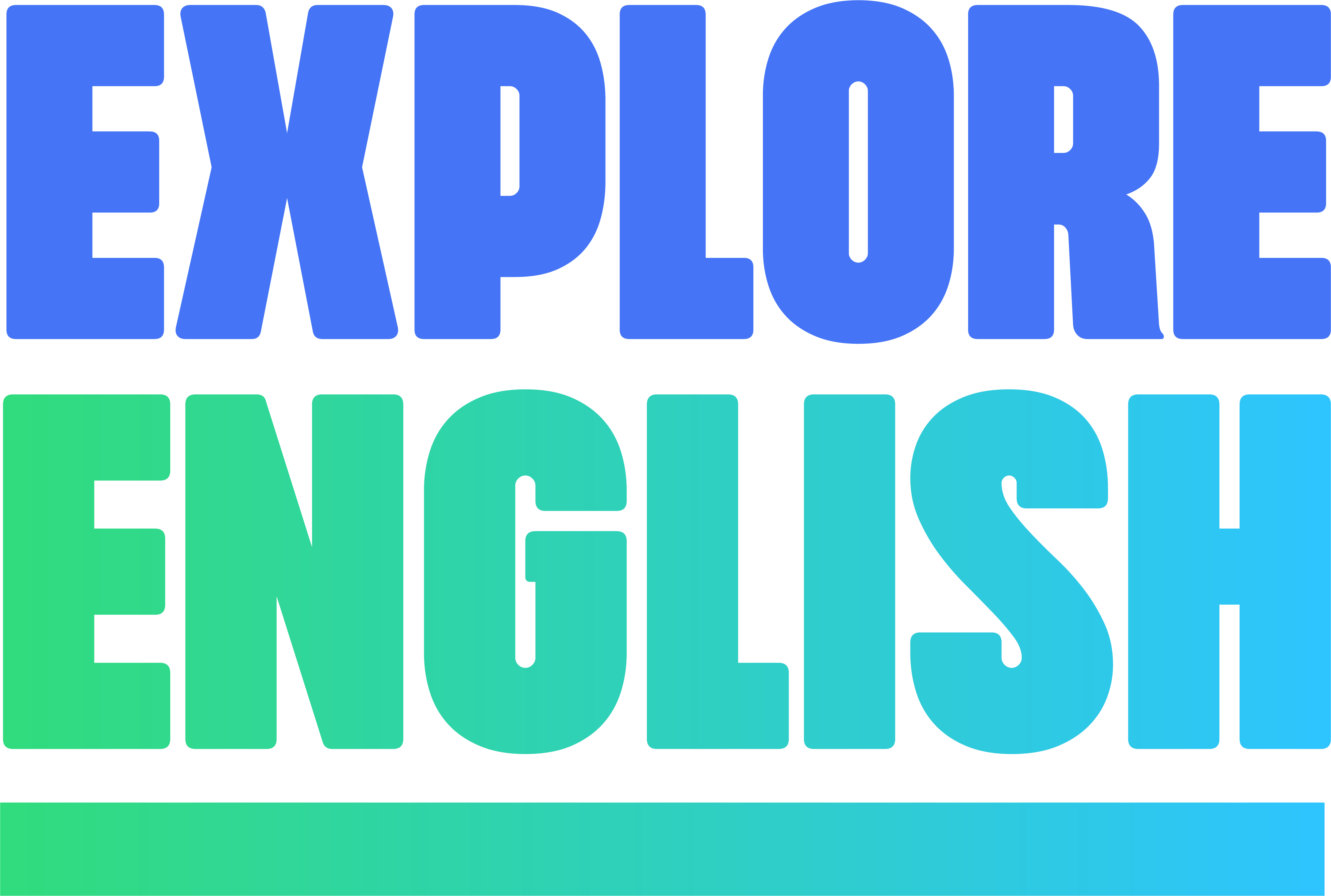How Social Media Affects Learning in English Classes

Looking at education, students have more access to educational materials compared to the previous generations. In comparison, for example, Baby Boomers were used to using the Dewey Decimal System to find books in the library, while Millennials and Generation Z now has the internet to rummage for the information they need. The changed have definitely created an impact on how can children learn at school. When it comes to learning the English language, students can find lessons (whether text, audio, or video) and even tips on different English language topics. Experts have even weighed in on the power of social media.
One example is the new study conducted by researchers from the University of Minnesota’s College of Education and Human Development. Researchers are figuring out ways on how to help Somali adolescents—who recently arrived in Twin Cities—increase their proficiency in the English language. Somali adolescents living in Minnesota are experiencing low print literacy, which was caused by the lack of access to schools during the civil war. So far, Minnesota houses the greatest number of the Somali population in the United States.
The study, which was published in the Journal of Language, Identity and Education, is tapping into social media. Its goal is to be able to come up with ways on how to take advantage of how the young use social media and use it to engage them more in learning the English language in the classroom, which is a familiar medium to the youth today. Researchers let participants share images, reflections and aspirations in two ways — social media and the traditional classroom media.
Here are the findings of the experiment:
Participants
They experienced positive responses from their peers through social media. This allowed participants to feel affirmation and positive reinforcement in writing in nondigital formats. And since the online world doesn’t require face-to-face conversations, participants were able to showcase the extensive use of the English language and more interactive learning, which is not the case during personal experiences.
Instructors
On the other hand, as for instructors, the social media experience shown a more complex use of the language that they have not seen from their students during classes and other personal interactions. It’s a must for teachers to leverage other techniques that involve social media in order to teach literacy since social media is a platform they’re used to using on a daily basis wherever they are.
According to an author of this study and professor of Second Language Education in the Department of Curriculum & Instruction, the research found that despite the fact that a majority of refugee-background youth don’t have that much access to education when it comes to formal academic writing, they were able to show a different side of their writing skills. These people are highly competent communicators and writers when interaction happens on social media. They know that social media is a powerful tool.
Looking into social media and the English language, the emergence of a plethora of social media networks were able to contribute to platform choices wherein people can practise their written English. Through blogs, tweets, Facebook posts and LinkedIn profiles, and more. It has also greatly impacted the English language, giving existing words with other meanings that people who are used to the Internet would understand: an example is ‘catfish’, which is a word that describes as a person who poses to be someone else on the internet. In other words, social media can be considered as a creative space for the youth to share what’s on their mind and showcase their talents.
Social media is a platform wherein students freely become themselves (or even someone else) and interact with people, especially their peers. Through its vast choices of platforms, students are able to speak with their peers and even provide feedback. They even use social media to discuss school — projects, lessons, and more.
Communication is key to everyday life, whether personal or professional. If you’re interested in honing your English proficiency, taking up general english courses melbourne can help. Lessons from Explore English are focused on teaching the Australian culture, and both basic and intermediate language lessons what will enhance both real-life English usage and written English.
For enquiries, contact Explore English today: Call: +61 3 9655 0600 or Email: info@exploreenglish.edu.au or visit the Contact Us Page: https://exploreenglish.edu.au/contact/

